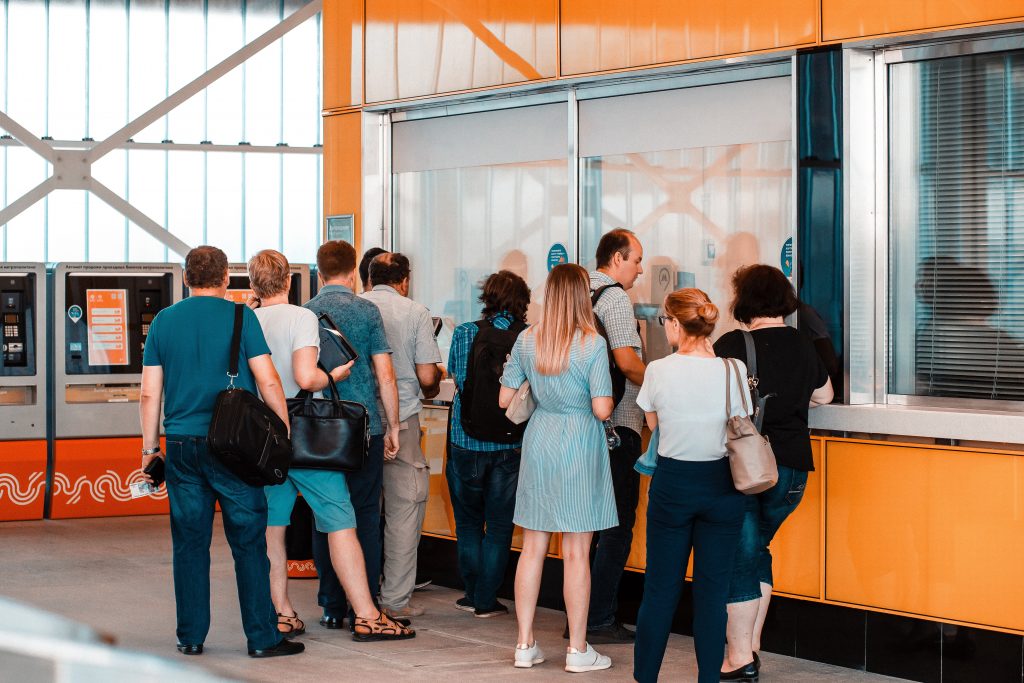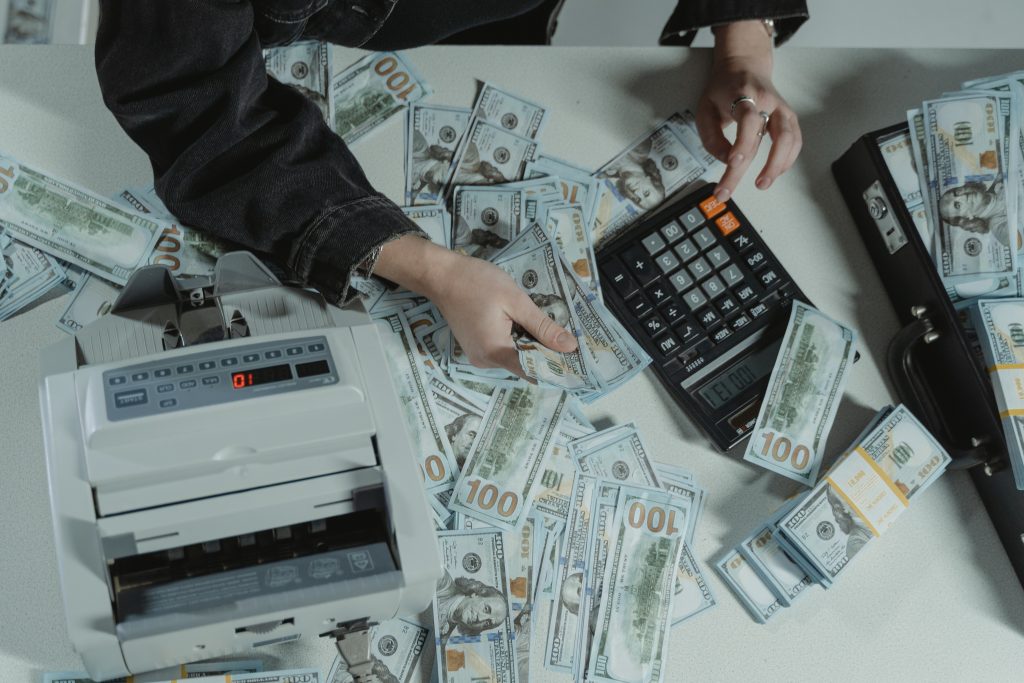For concert and event promoters, selling out your venue is most likely the highest priority on your seemingly endless list of “to-do” items before the date of the concert rolls around. Once you have established your budget, secured a venue, contacted the artist´s representation, and signed the contract for the upcoming concert, you then need to focus the majority of your time and energy on ensuring that the concert tickets start to sell. Obviously, the more tickets you sell, the more revenue you generate, and the higher your return on investment (ROI). Furthermore, selling out the concerts you organize can also play a major role in helping to build a positive reputation with artists, performers, and their representation.

So how exactly do you go about ensuring that the tickets for your concert or event get sold? The vast majority of concert promoters rely on Ticketmaster for the sale of their tickets. Many concert promoters may have different options available to them for selling tickets, but eventually end up using Ticketmaster, some because they aren’t aware of other options or alternatives, or because the venue that they are using for their event obliges them to use the Ticketmaster platform. Recent research from Yale University found that Ticketmaster controls over 70 percent of the market for ticketing and live events. That percentage actually increases to over 80 percent for live concerts, making it by far the industry leader.
Because of its well-known platform and industry status, Ticketmaster certainly can be one way that concert promoters can sell tickets to their event. However, there are also some drawbacks that come with Ticketmaster fees and policies, that need to be taken into consideration. In this short article, we take a quick look at how the Ticketmaster fee system works, and how it affects promoters and the concertgoer. We also briefly outline some of the alternatives available to concert promoters for selling tickets, if the venue they choose allows them to determine how to sell the tickets.
Ticketmaster Fees and Policies to be Aware Of
Ticketmaster, which is part of Live Nation Entertainment, has grown into the world’s largest and most important ticketing services provider in the world. Ticketmaster has been able to carve out a huge chunk in the ticketing industry through their unique policy of sharing revenue with venues that used their ticketing system. Because Ticketmaster offers to pay venues with a cut of the service charges, many venues may oblige concert promoters to exclusively sell tickets through that platform. In more recent years, some large concert promoters eventually wanted a piece of the fees as well. Through this unique approach revenue-sharing approach, Ticketmaster is essentially able to charge inflated fees that the concertgoer ends up paying. In the case of smaller concert promoters, this may result in either lower profit margins due to: a) less ticket sales as concertgoers balk at the higher prices, or b) less income from the ticket sales due to the high fees taking up much of the price of the ticket.

Today, when a person purchases a concert ticket through Ticketmaster, they will most likely find fees/extra charges for:
- Order processing fees (Ticketmaster cut)
- Facility charges (Venue cut)
- Service Fee (Ticketmaster and/or promoter cut)
The end result is that today concertgoers will most likely see an escalation in service charges when purchasing tickets through Ticketmaster. In general, the end consumer is most likely going to pay around 30 percent of a ticket’s face value in fees.
The combination of high fees and several platform glitches may open the door in the coming year of 2023 for alternative ticketing platforms to gain traction and footing in a market that has been dominated by Ticketmaster for well over a decade. With many consumers understandably angry at Ticketmaster for the high fees they choose, there seems to be a consumer demand for different ticketing options.

For concert promoters, this may lead to an opportunity to explore using different ticketing platforms for an upcoming 2023 concert you are organizing. In some cases, these alternative ticketing platforms may offer lower fees, which translates directly into lower final costs for the concertgoer. In general, the lower the final cost, the higher demand for tickets. Furthermore, lower ticketing fees may mean that you can charge a slightly higher cost for the ticket itself. Whereas Ticketmaster fees generally make up around 30 percent of the ticket´s face value, other platforms may have fees that are only half that value. In the end, this may mean that as a concert promoter, alternative ticketing platforms might lead to higher profit margins. However, it is important to state that many venues still continue to require concert organizers to use the Ticketmaster platform.
Let´s turn our attention now to some of the alternatives to Ticketmaster that concert promoters should take into consideration if the venue permits.
Alternatives to Ticketmaster Worth Considering
Making Sure Tickets Get Sold: The Final Word
As we have seen above, Ticketmaster fees are routinely higher than some of the alternatives out there. For many concert promoters, these high fees might be a temptation to search for other alternatives for selling tickets to your event. In any case, the most important consideration is always to ensure that you sell the maximum number of tickets possible. The most obvious advantage of using Ticketmaster is that it is a well-known and respected industry leader. Millions of people across North America regularly purchase tickets through Ticketmaster, understand how the platform works, and show a level of trust in the entire purchasing process.

The choice to go through Ticketmaster or some other platform will depend on the requirements of the venue you book, the type of audience you are expecting for the concert, and other external factors. No matter which platform you eventually decide on, a strong marketing and publicity campaign will also play a major role in ensuring that your event gets sold out.



